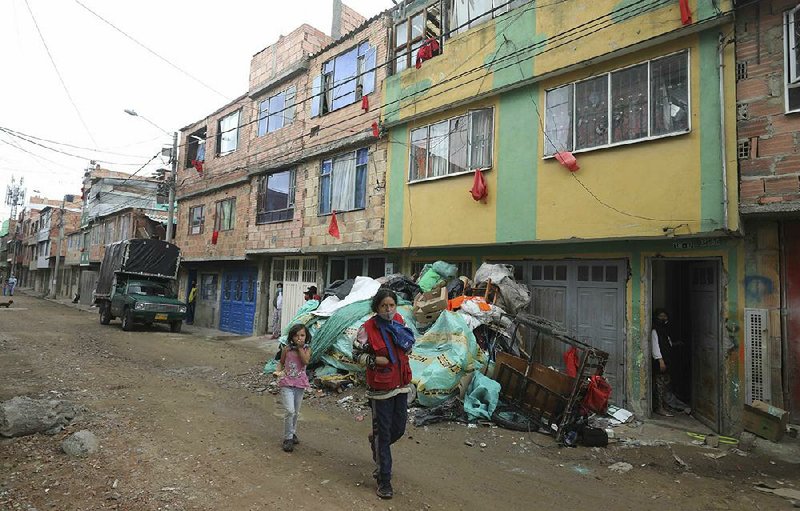MIAMI -- Throughout Latin America, a number of officials have been forced to resign as reports of fraudulent purchases of ventilators, masks and other medical supplies pile up.
The thefts are driven by price-gouging from manufacturers and profiteering by politically connected middlemen who see the crisis as an opportunity for graft.
"Whenever there's a dire situation, spending rules are relaxed and there's always someone around looking to take advantage to make a profit," said Jose Ugaz, a former Peruvian prosecutor who jailed former President Alberto Fujimori and was chairman of Transparency International from 2014-17.
Coronavirus clusters are still spreading in Latin America, fueling a spike in deaths, swamping hospitals and threatening slumping economies.
[CORONAVIRUS: Click here for our complete coverage » arkansasonline.com/coronavirus]
Against this backdrop, reports of fraud have proliferated.
On Tuesday, police in Rio de Janeiro raided the governor's residence as part of a widening investigation into the alleged embezzlement of part of the $150 million in public funds earmarked for building field hospitals.
In Colombia, 14 of 32 governors are under investigation for crimes ranging from embezzlement to unlawfully awarding no-bid contracts. In Argentina's capital, Buenos Aires, prosecutors are investigating a politically connected person for buying 15,000 N95 surgical masks that, despite having expired, cost the city 10 times their listed price.
Perhaps the biggest fallout is in Bolivia, where the health minister was arrested over allegations that 170 ventilators were bought at inflated prices. The breathing machines were purchased for nearly $28,000 each. But their Spanish manufacturer said it sold them to a distributor for only $6,500.
The investigation threatens to derail the presidential candidacy of interim leader Jeanine Anez. She assumed power in November, promising a clean break from 13 years of leftist rule by Evo Morales, who resigned after vote-rigging allegations.
Acceptance of corruption dates to the Spanish conquest, when powerful viceroys gave extensive land holdings to friends, and forgiveness of sins could literally be bought from the Roman Catholic church, Argentine writer Martín Caparros said.
Roberto de Michele, the top transparency expert at the Washington-based Inter-American Development Bank, said even in normal conditions, an estimated 10% to 25% of global spending on health care is lost to corruption -- hundreds of billions of dollars every year.
Technology also can help protect state funds, de Michele said. He cited Paraguay, which unveiled a platform allowing users to track in almost real time the status of 110 emergency contracts worth $26 million in spending tied to the coronavirus Finance Minister Benigno Lopez said the platform will empower citizen groups to monitor how resources are spent.
"The solution to corruption is punitive justice," Lopez told The Associated Press. "But at least this tool puts all public officials on notice that our actions will be under the microscope."
Information for this article was contributed by David Biller, Carlos Valdez, Kathia Martinez, Franklin Briceno, Christine Armario and Almudena Calatrava of The Associated Press.
A Section on 05/28/2020
